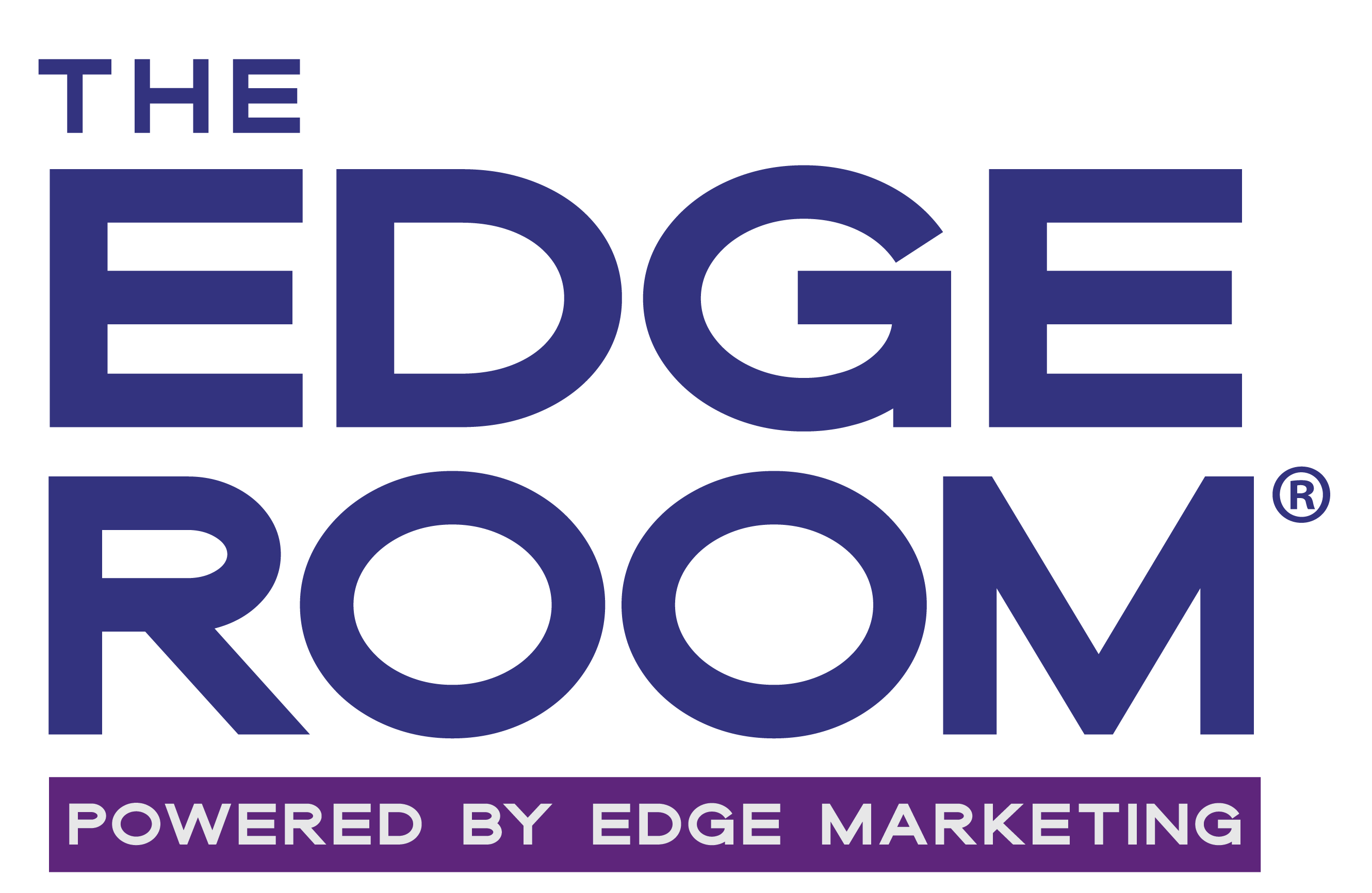eDiscovery itself is a big data challenge, but recent advances in AI and machine learning can help mitigate risks by breaking down the silos of individual cases and leveraging prior case data. Lighthouse’s Karl Sobylak discusses the benefits of bringing technology to bear to understand large data sets at scale in a recent blog: http://ow.ly/QbzZ50COKK8
As data volumes continue to grow so does the need for AI and machine learning. In fact, adopting AI can be a catalyst for revitalizing your organization’s ediscovery model. Lighthouse’s Rob Hellewell makes the case for AI including cost reduction, lower risk, and improved win rates in a recent blog: http://ow.ly/MoNs50CMwws
Artificial intelligence, advanced analytics, and machine learning are no longer new to the ediscovery field. While the legal industry admittedly trends towards caution in its embrace of new technology, the ever-growing surge of data is forcing most legal professionals to accept that basic machine learning and AI are becoming necessary ediscovery tools.
However, the constant evolution and improvement of legal tech bestow an excellent opportunity to the forward-thinking ediscovery legal professional who seeks to triumph over the growing inefficiencies and ballooning costs of older technology and workflow models. In this article, we provide you with arguments on how leveraging the most advanced AI and analytics solutions can give your organization or law firm a competitive and financial advantage, while also reducing risk.
As the proponents of policy and creators of contracts, it’s well understood that the legal department’s job is, first and foremost, to manage risk. This involves identifying potential legal and regulatory issues as soon as possible, developing a profile of potential legal risks, avoiding those risks with compliance programs, and dealing with the ones that slip through the cracks.
What is perhaps less well understood is how dramatically the concept of “risk” has evolved in recent years. Between digital transformation and technological innovations, new data privacy laws, cyber vulnerabilities, and an increasing spotlight on corporate culture, values and diversity practices — risk management today is not your grandmother’s limitation of liability clause. For today’s legal departments, risk management goes hand-in-hand with data stewardship. What type of information is retained or destroyed is becoming just as important as how information is organized and leveraged. Yet, data disparity is on the rise.
When we set out with the goal of enabling knowledge workers across dispersed enterprise teams to gain control of their data, we didn’t start small. We knew that if we built a solution that worked for the most onerous, meticulous, and urgent use cases, like eDiscovery, we were on to something.
That’s why we’re thrilled to receive the LegalTech Breakthrough Award for eDiscovery Solution of the Year.
LegalTech Breakthrough selected our Knowledge Integration Platform for its representation of “a new category of legal tech products that doesn’t just “collect data,” but connects, centralizes, indexes, and processes it — transforming data into accessible, secure, and private knowledge.”
Forms, passports, driver’s license, scanned images: ProSearch Privacy Suite uses #deeplearning models built on the latest advancements in #NaturalLanguageProcessing and computer vision techniques to identify protected private information. #DataPrivacy
eDiscovery itself is a big data challenge, but recent advances in AI and machine learning can help mitigate risks by breaking down the silos of individual cases and leveraging prior case data. Lighthouse’s Karl Sobylak discusses the benefits of bringing technology to bear to understand large data sets at scale in a recent blog: http://ow.ly/QbzZ50COKK8
eDiscovery itself is a big data challenge, but recent advances in AI and machine learning can help mitigate risks by breaking down the silos of individual cases and leveraging prior case data. Lighthouse’s Karl Sobylak discusses the benefits of bringing technology to bear to understand large data sets at scale in a recent blog: http://ow.ly/QbzZ50COKK8
As data volumes continue to grow so does the need for AI and machine learning. In fact, adopting AI can be a catalyst for revitalizing your organization’s ediscovery model. Lighthouse’s Rob Hellewell makes the case for AI including cost reduction, lower risk, and improved win rates in a recent blog: http://ow.ly/MoNs50CMwws
Artificial intelligence, advanced analytics, and machine learning are no longer new to the ediscovery field. While the legal industry admittedly trends towards caution in its embrace of new technology, the ever-growing surge of data is forcing most legal professionals to accept that basic machine learning and AI are becoming necessary ediscovery tools.
However, the constant evolution and improvement of legal tech bestow an excellent opportunity to the forward-thinking ediscovery legal professional who seeks to triumph over the growing inefficiencies and ballooning costs of older technology and workflow models. In this article, we provide you with arguments on how leveraging the most advanced AI and analytics solutions can give your organization or law firm a competitive and financial advantage, while also reducing risk.
